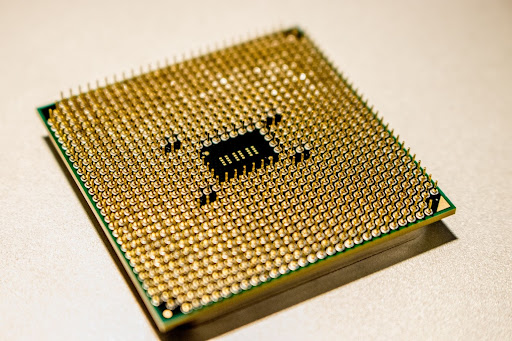For the past two years, there has been a global semiconductor shortage. Semiconductors, often called chips, are how digital devices process, store, and receive information. Chips are needed in almost all electronic devices like cars, smartphones, computers, modern-day appliances, and even military defense weapons. The shortage stems from the pandemic causing delays in the supply chain.
As lockdowns began, manufacturers decreased production, expecting a decline in demand. As the pandemic continued and more people started working from home, the need for laptops and other devices increased. Demand for chips skyrocketed, but supply was limited.

The increase in demand led to competition between industries. The limited supply is split between various manufacturers, such as automobiles, tech, and household goods. While some sectors have begun to recover, others, like automobile manufacturers, are still trying to find stability after losing billions in profit. Even now, companies like Toyota are seeing a decline in production.
According to the Semiconductor Industry Association, the U.S. currently produces only 12% of the world’s chips, down from 37% in 1990. The U.S. aims to be a manufacturing competitor in strategic industries like semiconductor production. Ideally, this would ensure the continuation of supply chains in case of a conflict or unforeseen crisis like Covid-19. Government officials have made a bipartisan effort to pass the CHIPS and Science Act to help make this possible. The CHIPS act, which stands for Creating Helpful Incentives to Produce Semiconductors, aims to make the U.S. more competitive in the semiconductor market. By providing an estimated 250 billion dollars for research and manufacturing of semiconductors. The Chamber was an advocate for the act as it would help small and large businesses alike. On August 9, 2022, the CHIPS act was signed into law.
Written by Chase Fowler
